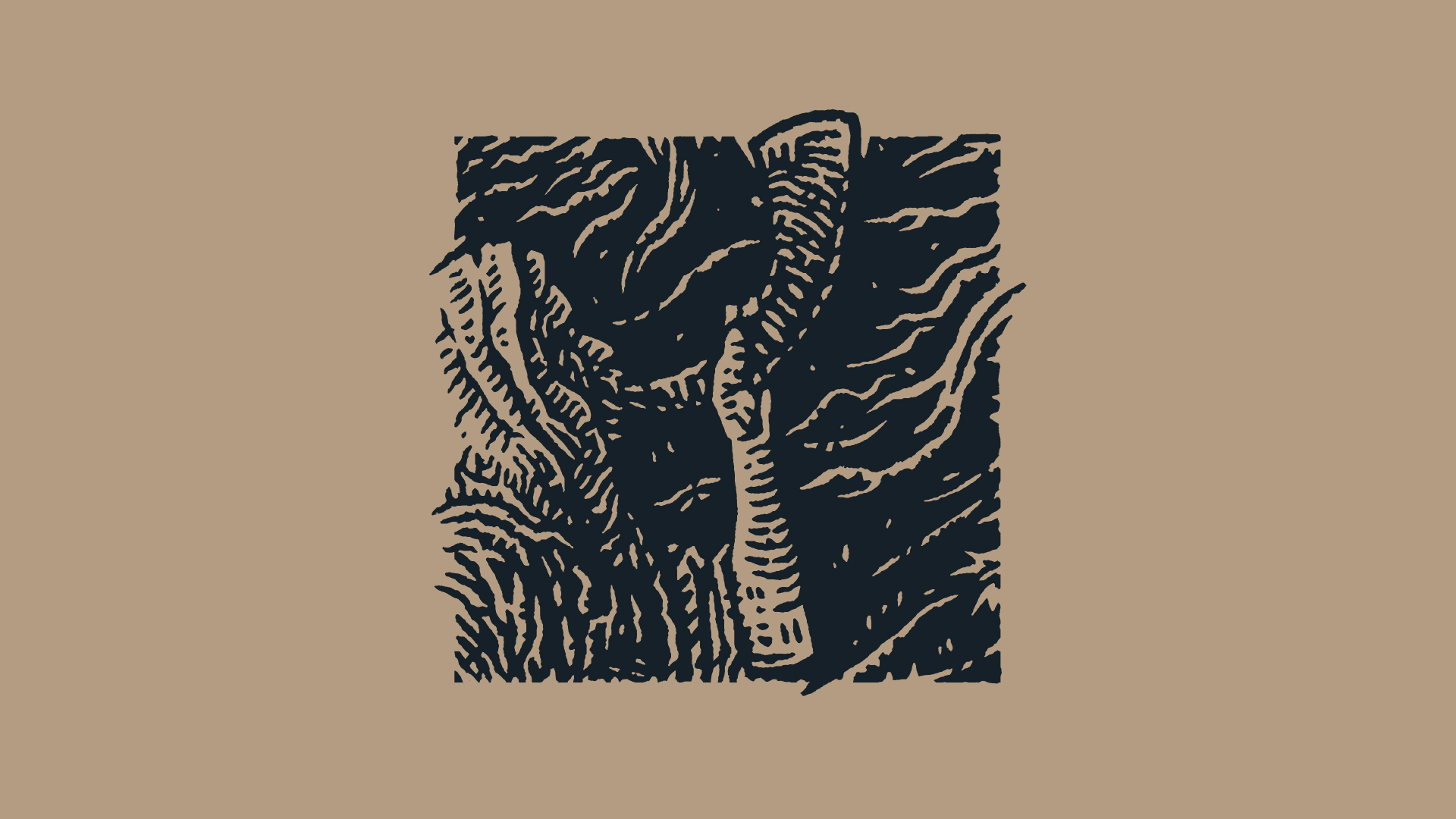Read Matthew 3:1–12
If we’re honest, at first glance John the Baptist is about the worst hype man you could imagine. He’s dressed in a belted hair shirt and eats locusts. As he comes into the wilderness of Judea, he begins to preach. We could certainly imagine a proclamation of the coming Messiah that would tickle the ears a bit more. He could remind people of the great promises associated with the Messiah—that the Messiah will bring justice, provide healing, offer stability. He could tell them the good news.
John, however, does something quite different. He says, “Repent, for the kingdom of heaven has come near,” and through Matthew’s use of the quotation from Isaiah 40:3, we see that John tells the people with familiar and authoritative words to “make straight their paths”—or “straighten up” (see also John 1:23). John starts with what might be considered the bad news, really; he tells them that they need to change.
And many of them listen. How is this strange man so successful in ministry? Matthew gives us hints. He offers a selective description of John, and each detail is loaded with significance. His hair shirt with a leather belt? The attire of Elijah. His locusts and honey? The meal of the poor. Matthew presents this man in the style of the prophets of old, as an authoritative man of God who declares the word of the Lord.
The people approach John for cleansing—ritual washing that symbolizes their repentance—but he promises that more effective cleansing is coming. This cleansing from the Lord will come via “the Holy Spirit and fire.”
As John continues to explain the ministry of the coming one, his metaphors help us understand what it means to be baptized in Spirit and fire. It is purification (in part) through separating out what is good from what is bad. John uses the agricultural metaphor we see in places like Psalm 1, a process well known to his audience. Farmers would use a winnowing fork to throw grain in the air. The heavy, edible parts would fall to the ground, but the chaff was lighter and generally would blow away. If any extra chaff was left over after this, the farmer would separate it out and burn it.
This is a more permanent cleansing than a washing, and I think that’s precisely the point. The people’s baptism by John is significant, but without the accompanying work of the Spirit, its effects are temporary. With just the baptism of John, they will need to wash again, but the work of Jesus through the Spirit is effective for all time.
Madison N. Pierce is associate professor of New Testament at Western Theological Seminary. Her books include Divine Discourse in the Epistle to the Hebrews.










